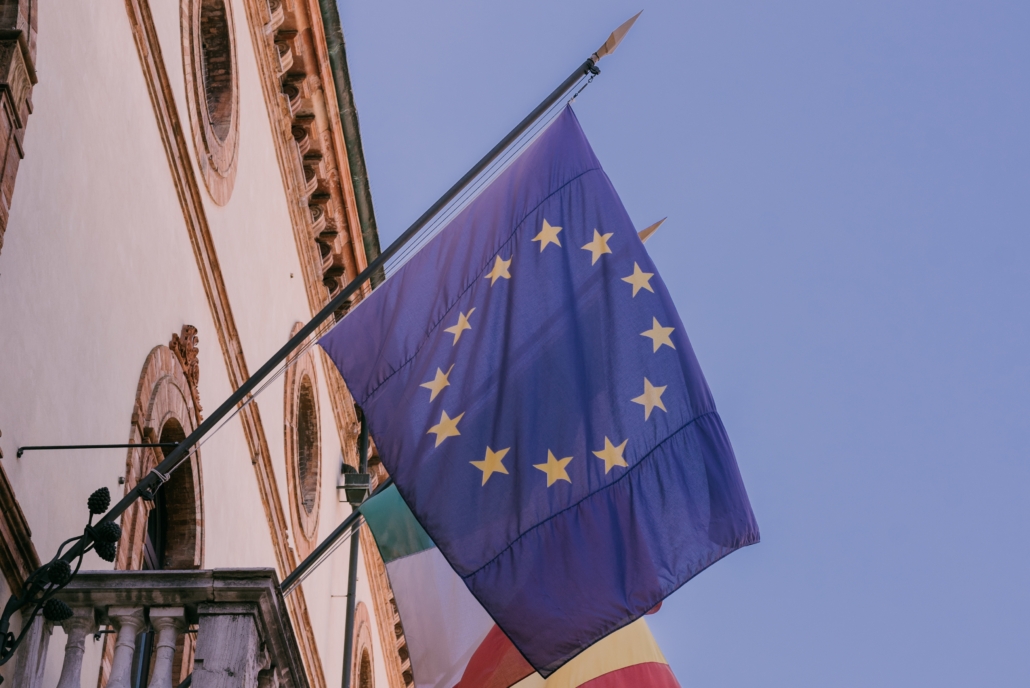Read Part 1 to this piece here.
Wars Without End: Ukraine and Gaza
Meanwhile, the conflicts in Ukraine and Gaza risk settling into the sort of frozen confrontations that define rather than disrupt international politics. Both wars began with intense international attention and promises of decisive resolution. Both now face the familiar dynamic where initial outrage gives way to normalisation, urgent humanitarian concerns become background noise, and political pressure for just settlements dissipates.
The risk is not just that these specific conflicts become entrenched, but that we normalise the idea that some populations can be abandoned to indefinite suffering whilst international attention moves elsewhere.
This presents a crucial test for international law and human rights frameworks that appear to be more strained than ever before. If systematic violations can continue indefinitely without meaningful consequences, what purpose do these legal structures serve? The selective application of international justice, where some war crimes generate immediate ICC warrants whilst others are quietly ignored, undermines the universal principles these institutions claim to defend, and exposes the inadequacy of relying solely on a complex legal system to safeguard our basic principles of humanity. But this is also a once-in-a-century opportunity for the next generation of globally minded scholars, activists, diplomats, communicators and thinkers to define the aims and rules of the game of the next century, and not just accept business as usual, at the cost of surrendering our future to those who are determined to get what they want at any cost.
The Liberal Democratic Wilderness
Which brings us to the crisis in the ‘West’. Established liberal democracies find themselves in an intellectual wilderness that their own theoretical frameworks struggle to navigate. The return of Donald Trump to the American presidency has accelerated trends that were already visible: the weaponization of migration flows, the abandonment of multilateral institutions when they produce inconvenient outcomes, the normalisation of corruption and abuses of power, and the explicit and cynical embrace of selective approaches to international law.
This creates a particularly acute crisis for liberal institutionalist theory, which has long argued that democracies naturally cooperate through international institutions and legal frameworks. When the world’s most powerful democracy systematically undermines the very institutions it helped create, what happens to theories that treat this cooperation as natural and inevitable?
European responses reveal the depth of the intellectual crisis. Calls for ‘strategic autonomy’ coexist uneasily with continued dependence on American security guarantees. Rhetoric about defending the ‘rules-based international order’ sits awkwardly alongside European Union policies that routinely violate international refugee law and human rights obligations. The disconnect between stated principles and actual practice has become so pronounced that it risks undermining the legitimacy of liberal democratic governance itself.
For students of international relations, this presents an opportunity to engage critically with foundational assumptions that often go unexamined in mainstream curricula. What happens when liberal democracies behave in fundamentally illiberal ways? How do we analyse systems that simultaneously proclaim universal values whilst practicing particularistic policies?

The Pedagogy of Uncertainty
We are living through a moment that requires new analytical tools and theoretical approaches. The comfortable certainties of previous decades such as American hegemony, the inevitability of globalisation, or the moral superiority of liberal democratic governance no longer provide reliable foundations for understanding contemporary international politics (and perhaps some of them never did, but that would be the topic for another essay).
This uncertainty can feel overwhelming, but it also creates space for intellectual creativity that hasn’t existed for decades. Students who might once have spent their degrees learning to apply established theoretical frameworks to new cases could now find themselves contributing to the development of entirely new analytical approaches.
Critical IR programmes lead the charge in embracing this uncertainty as a pedagogical opportunity rather than an obstacle. Rather than pretending we can predict the future of international politics, we need to focus on developing the analytical skills necessary to navigate complexity, contradiction, and rapid change. Students must learn to identify the assumptions embedded in different theoretical approaches, to recognise how power shapes knowledge production, and to engage seriously with perspectives that emerge from beyond the traditional centres of academic authority.
(As always) The Future Remains Unwritten
As students embark on their studies this autumn, they enter a field where received wisdom provides decreasing guidance for understanding contemporary realities. This creates both challenges and opportunities that previous generations of IR students rarely encountered.
The challenges are obvious: uncertainty makes assessment more difficult, career planning more complex, and policy prescription more hazardous. But the opportunities are substantial. This is a moment when critical thinking, theoretical creativity, and analytical innovation can make real contributions to understanding developments that established authorities find puzzling.
Perhaps most importantly, this is a moment when international relations education can reconnect with its fundamental purpose: developing the intellectual tools necessary for building more just and equitable forms of international cooperation. The current crisis of liberal internationalism creates space for exploring alternative approaches to global governance that centre rather than marginalise the experiences and innovations of societies beyond the traditional Western core.
The future of international relations remains unwritten. The next generation of International Relations graduates will play a crucial role in determining how that story unfolds.
This piece was written by Professor Noga Glucksam, Director of our MA International Relations. Places are still avaliable for Spring 2026 and Fall 2026 entry, submit your application now!
And if you wish to hear more on this subject, come to our MA International Relations webinar on 4th November.


